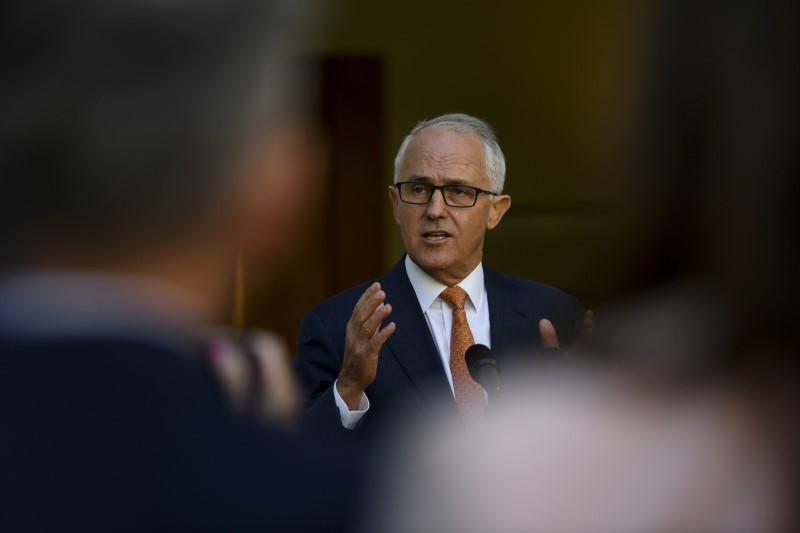SYDNEY—Pacific nations Papua New Guinea and the Solomon Islands have signed on to a joint undersea internet cable project, funded mostly by Australia, that forestalls plans by Chinese telecom giant Huawei Technologies Co Ltd to lay the links itself.
Wednesday’s pact comes as China pushes for influence in a region Australia views as its backyard, amid souring ties after Prime Minister Malcolm Turnbull last year accused Beijing of meddling in Canberra’s affairs.





